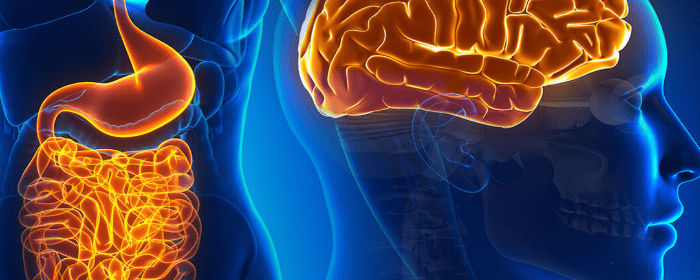
by admin | Feb 2, 2022 | Health Awareness
Beans really might be a magical fruit. Recent studies find beans to be nutritional powerhouses rich in fiber, resistant starch, and plant protein. Adding beans to your diet promotes weight loss, insulin sensitivity, and cardiovascular health.
However, the power of a tiny bean may be even more impressive than previously thought. New studies on the body’s gut microbiome reveal that this internal ecosystem may affect our overall health in significant ways and that beans may be the key to unlocking its powers.
The Gut Microbiome
The human body’s microbiome is a collection of bacteria, viruses, fungi, and microorganisms that live throughout the body’s surfaces, like the skin and the digestive tract. However, most of the microbiome lives in the gut, which contains over 1,000 species of bacteria and trillions of organisms.
The gut microbiome produces vitamins, develops immune responses, and enhances the benefits of food. For instance, the gut microbiome converts dietary fiber and resistant starch into short-chain fatty acids that protect the intestines’ cells and regulate metabolism.
How Do Beans Help Gut Health?
The large intestine’s bacteria rely on prebiotics to survive. Prebiotics serves as food for gut bacteria. When your body isn’t getting enough prebiotics through your diet, the gut bacteria need to find new food, which ends up being the immune defense on the surface of the intestinal lining.
While all plants contain probiotics, beans, which are full of fiber and resistant starch, are especially rich in prebiotics. In addition, beans’ ability to nourish the gut microbiome and promote short-chain fatty acids production helps kick your immune system into gear.
Additionally, as studies dig deeper into the species of bacteria living in the gut microbiome, researchers have discovered that people with multiple sclerosis lack a bacteria that breaks down isoflavones. This nutrient is also highly prevalent in beans.
As new studies into the gut microbiome find connections between chronic conditions and the foods and nutrients that offer potential remedies, beans may be a powerful tool in improving your overall health.

by admin | Feb 24, 2021 | Health Awareness, Functional Medicine
In the mid-2000s, neuroscientist Jane Foster noticed an interesting phenomenon in her laboratory: mice with health gut microorganisms were acting differently than those without. She believed the animals’ gut bacteria was influencing their behavior and mental state. Yet, it wouldn’t be for several years that a potential link between the gut and brain would be considered among the medical community.
Now, the gut-brain axis is widely discussed by neuroscientists. In recent years, thousands of publications have indicated many gut bacteria that have significant effects on the brain. Since then, researchers have been working avidly to determine whether, and how, microbes could play a role in conditions such as Parkinson’s disease (PD) and autism spectrum disorder, among others.
For instance, it’s believed that a specific strain of E. coli can produce a protein that may cause other proteins to misfold, resulting in errors that are ultimately transmitted to the brain in the case of Parkinson’s disease. In motor neuron disease, it’s suspected certain bacteria produces a vitamin B3 molecule that could travel to the brain and improve symptoms. With autism spectrum disorder, infections during pregnancy seem to be a catalyst. When certain bacteria trigger T-helper 17 cells, an immune system component, they produce immune molecules which travel to the fetus’s brain and appear to cause behaviors seen in autism.
In some cases, gut issues could be an important indicator of potential issues in brain health. For instance, many patients with PD experience symptoms such as constipation long before other characteristics of the disease. With that being said, the disorder presents differently in different individuals.
While there is still much to learn about the potential pathways microbes use to reach the brain, there’s considerable interest by the research community to further investigate potential links between brain and gut health. Researchers are currently exploring how certain bacteria could play a role in the treatment of conditions such as autism spectrum disorder and PD, among others. They’re particularly excited about the prospects since the gut microbiome can be modified, unlike genetics. While there is still considerable work to be done, ongoing efforts could make enormous strides for patients with brain disorders in the future.
Patients are discovering the benefits of having a comprehensive GI test done to determine their current gut health. These tests can be done at home and will determine the root cause of many gastrointestinal symptoms. By improving functional imbalances and inadequacies found, symptoms can improve. Learn more today!
For more health awareness blogs, please visit http://www.stemedix.com/blog.



 St. Petersburg, Florida
St. Petersburg, Florida
